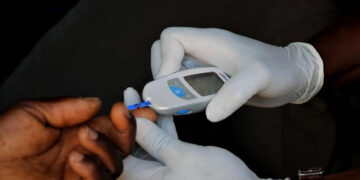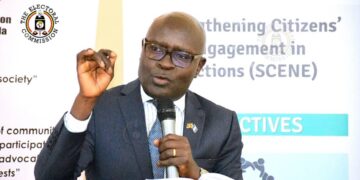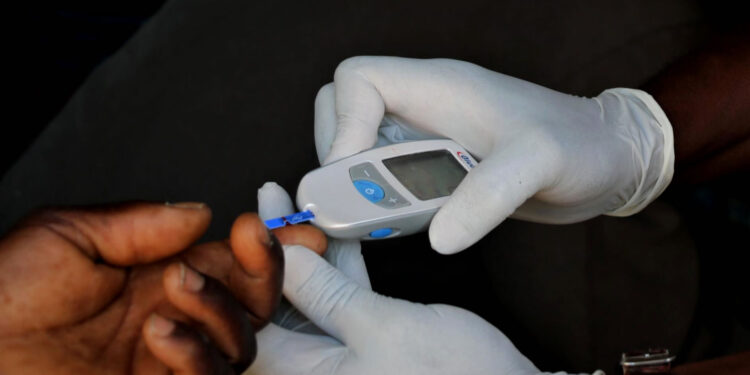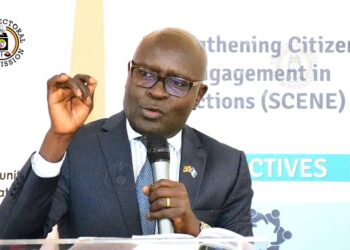A landmark study has uncovered a previously unrecognised subtype of diabetes affecting children and young adults in sub-Saharan Africa, a discovery that could reshape global diabetes diagnosis and treatment.
Published in The Lancet Diabetes & Endocrinology, the research funded by the UK’s National Institute for Health and Care Research (NIHR) found that 65 percent of young Africans diagnosed with type 1 diabetes do not fit the classic autoimmune profile of the disease. Unlike typical type 1 diabetes, where the immune system attacks insulin-producing cells, these patients show no signs of autoimmunity or genetic predisposition.
This finding challenges long-held medical assumptions and suggests that millions of diabetes cases worldwide may be misclassified, leaving patients without optimal treatment. Many patients assumed to have type 1 diabetes might not need lifelong insulin injections. The new subtype does not align with type 1, type 2, or malnutrition-related diabetes. A similar pattern was found in some Black American children, hinting at genetic or environmental factors that could help explain this variation.
The Young-Onset Diabetes in Sub-Saharan Africa (YODA) study analysed nearly 900 participants under the age of 30 in Cameroon, Uganda, and South Africa. Researchers found that most patients had no autoimmune markers or antibodies. There were also no genetic risk factors for type 1 diabetes. Unlike classic cases, some patients were able to survive without insulin for extended periods. When the team examined 3,000 children in the U.S. SEARCH for Diabetes in Youth study, they found the same subtype in a small number of Black American youth, but not among white participants. This suggests that ancestral or environmental influences, such as infections, diet, or toxins, could be at play.
Dr. Jean Claude Katte, a lead researcher from the University of Exeter, said, “We’ve long suspected something was different. Now we must find the cause—whether it’s infections, diet, or toxins—so we can prevent and better treat this form of diabetes.” Professor Moffat Nyirenda of the MRC/UVRI and LSHTM Uganda Research Unit added, “This is a wake-up call. Our diagnostic and treatment approaches must adapt to Africa’s unique diabetes profile.”
Most diabetes studies have historically focused on white Western populations, leaving critical gaps in understanding how the disease manifests across diverse ethnic groups. Professor Eugene Sobngwi, a senior diabetes researcher in Cameroon, warned, “If we don’t invest in African-specific research, millions will continue to be misdiagnosed and mistreated.”
Researchers are aiming to identify the environmental and biological triggers behind the new diabetes subtype. There is a growing call to refine diagnostic methods and update guidelines so that this form of diabetes is properly classified. If insulin is not always required, alternative treatments may soon emerge. This discovery serves as a powerful reminder that inclusive research is essential, because diabetes, like many other diseases, does not look the same everywhere.



































